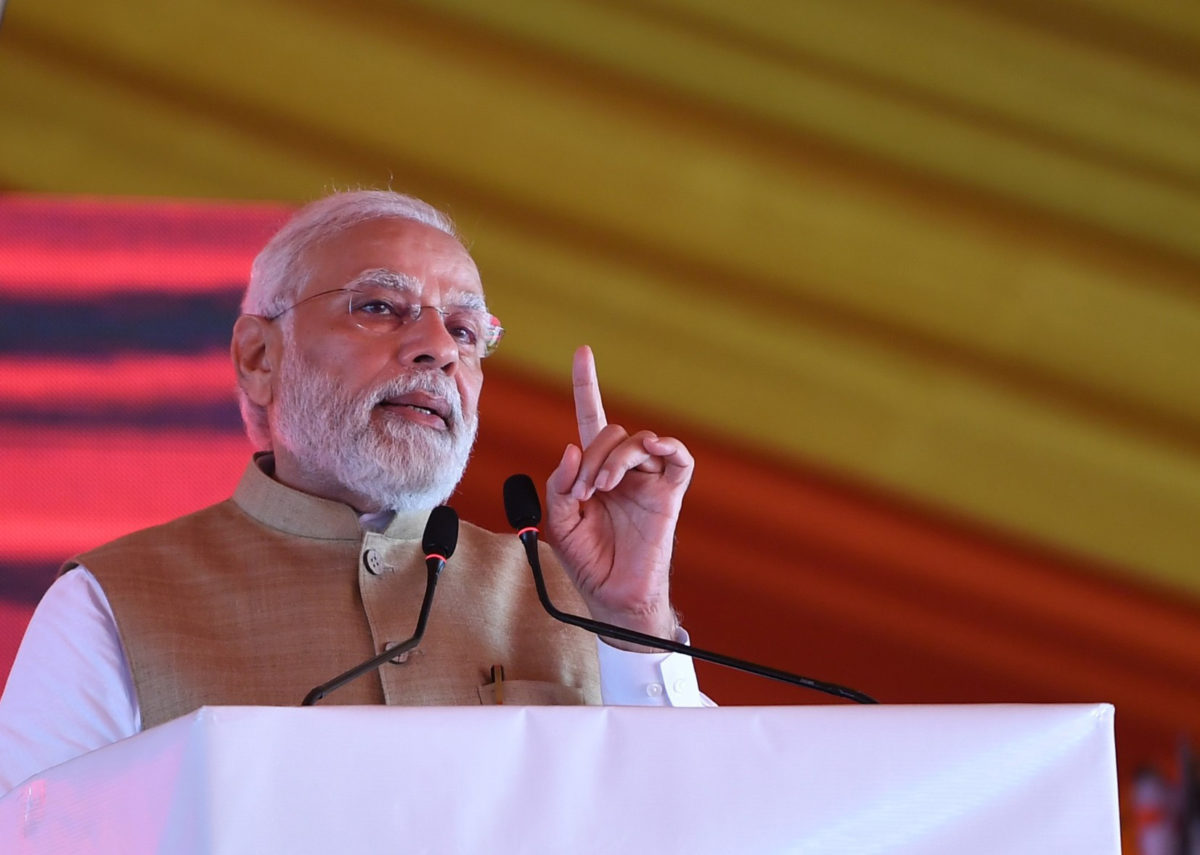Prime Minister Narendra Modi will lay the foundation stone of Japanese carmaker Suzuki’s electric vehicle (EV) battery manufacturing plant in Gujarat on 28 August. He will launch the plant’s construction in an event organized to mark 40 years of Suzuki in India.
Suzuki is setting up the EV battery plant at Hansalpur in Gujarat with an investment of around INR 7,300 crore (around $914 million). The plant, Suzuki Motor Gujarat, will manufacture advanced-chemistry cell batteries for EVs.
Suzuki arm Maruti Suzuki is a leading carmaker in India. It plans to introduce electric vehicles in the Indian market by 2025. Suzuki’s investment in the battery plant in Gujarat is part of the plan.
In all, Suzuki has committed to invest around INR 10,400 crore ($1.3 billion) for manufacturing EVs and batteries in the Suzuki Motor Gujarat plant. This will be Suzuki’s second EV battery initiative in India after TDS Lithium-Ion Battery Gujarat (TDSG), which it set up in Gujarat in collaboration with Toshiba and Denso. TDSG is India’s first lithium-ion battery manufacturing plant with cell-level localization. It supplies lithium-ion battery packs for Maruti Suzuki smart hybrid vehicles.
This content is protected by copyright and may not be reused. If you want to cooperate with us and would like to reuse some of our content, please contact: editors@pv-magazine.com.









By submitting this form you agree to pv magazine using your data for the purposes of publishing your comment.
Your personal data will only be disclosed or otherwise transmitted to third parties for the purposes of spam filtering or if this is necessary for technical maintenance of the website. Any other transfer to third parties will not take place unless this is justified on the basis of applicable data protection regulations or if pv magazine is legally obliged to do so.
You may revoke this consent at any time with effect for the future, in which case your personal data will be deleted immediately. Otherwise, your data will be deleted if pv magazine has processed your request or the purpose of data storage is fulfilled.
Further information on data privacy can be found in our Data Protection Policy.